This summer, the secrets of cells, genes, and precision medicine were uncovered once again. What sparks will fly when medicine joins hands with engineering? From July 14 to 25, the 2025 Bioengineering Summer School was held at the Hangzhou International Campus of Beihang University. The program was hosted by Beihang University and co-organized by the Medical Engineering & Engineering Medicine Innovation Center (ME&EMIC) and the International Education Center (IEC), Hangzhou International Innovation Institute (H3I) of Beihang University. As one of the flagship programs of the Beihang International Summer School (BISS) series, the summer school brought together more than 10 outstanding students from Australia, Indonesia, Malaysia, Bangladesh, and Spain. With the theme of “bioengineering integration, innovation-driven development”, it advanced international exchange in biomedical engineering through academic lectures, immersive hands-on activities, and in-depth cultural and scientific experiences.
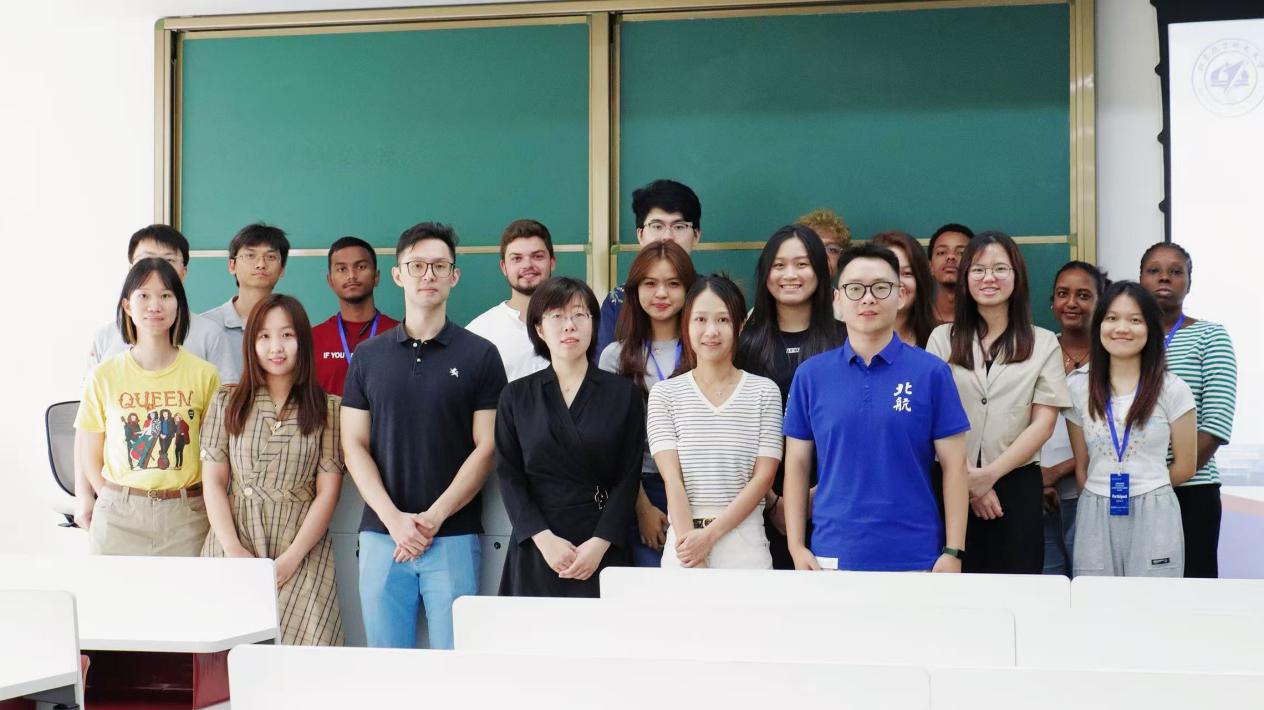
On the morning of July 14, the summer school officially opened. Professor Wang Lizhen, Director of ME&EMIC, extended a warm welcome to the international students. She hoped that international students could broaden their global outlook through interaction with peers from different cultural backgrounds, achieve a deep integration of interdisciplinary knowledge in practice, accumulate experience in applying cutting-edge technologies through exchange, and acquire their personal growth and inspiration through interdisciplinary exploration of medicine and engineering. The opening ceremony was presided over by Associate Professor Li Murong.
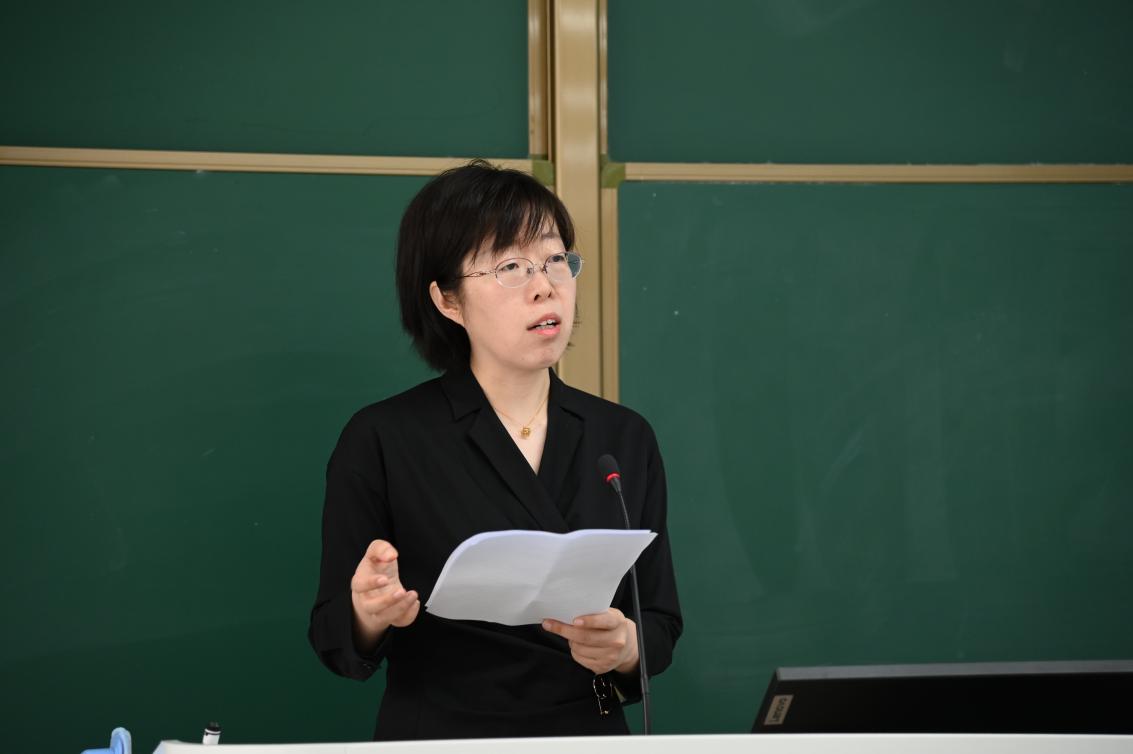
The summer school featured eight academic lectures. Associate Professor Yan Chenxi from ME&EMIC opened the series with “an analysis of Beihang University's biomedical engineering disciplinary system”. With the interdisciplinary nature as the starting point, he interpreted the core research directions and application scenarios of the medical-engineering discipline cluster. Associate Professor Liu Dianlei and postdoctoral fellow Yao Zhikai focused on “challenges of surviving in space”, analyzing life-support technology in extreme environments. Associate Professor Yu Longteng explained the principle of flexible sensor technology and its application in health monitoring. Associate Professor Lin Hongxiang led participants to explore the algorithmic logic and practical pathway of artificial intelligence in biomedical imaging. Foreign experts Dr. Quintero lgeño and Dr. Pedro Manuel gave a special lecture on “the application of computational fluid dynamics in the biomedical sector”, analyzing the flow-field simulation and pump-body optimization strategies of left ventricular assist devices. Themed on “biomechanics of the musculoskeletal system: fundamentals and vehicle safety applications”, Dr. Kassim Abdullah demonstrated how biomechanical data can guide safety protection design. Professor Desmond Chong provided an introduction to musculoskeletal biomechanics, explaining the basic theoretical framework of the bone-muscle-tendon mechanical coupling model. Professor Junning Chen shared the progress in imaging and modeling of musculoskeletal degeneration, integrating the research pipeline of MRI, Micro-CT imaging diagnosis, and finite-element modeling.
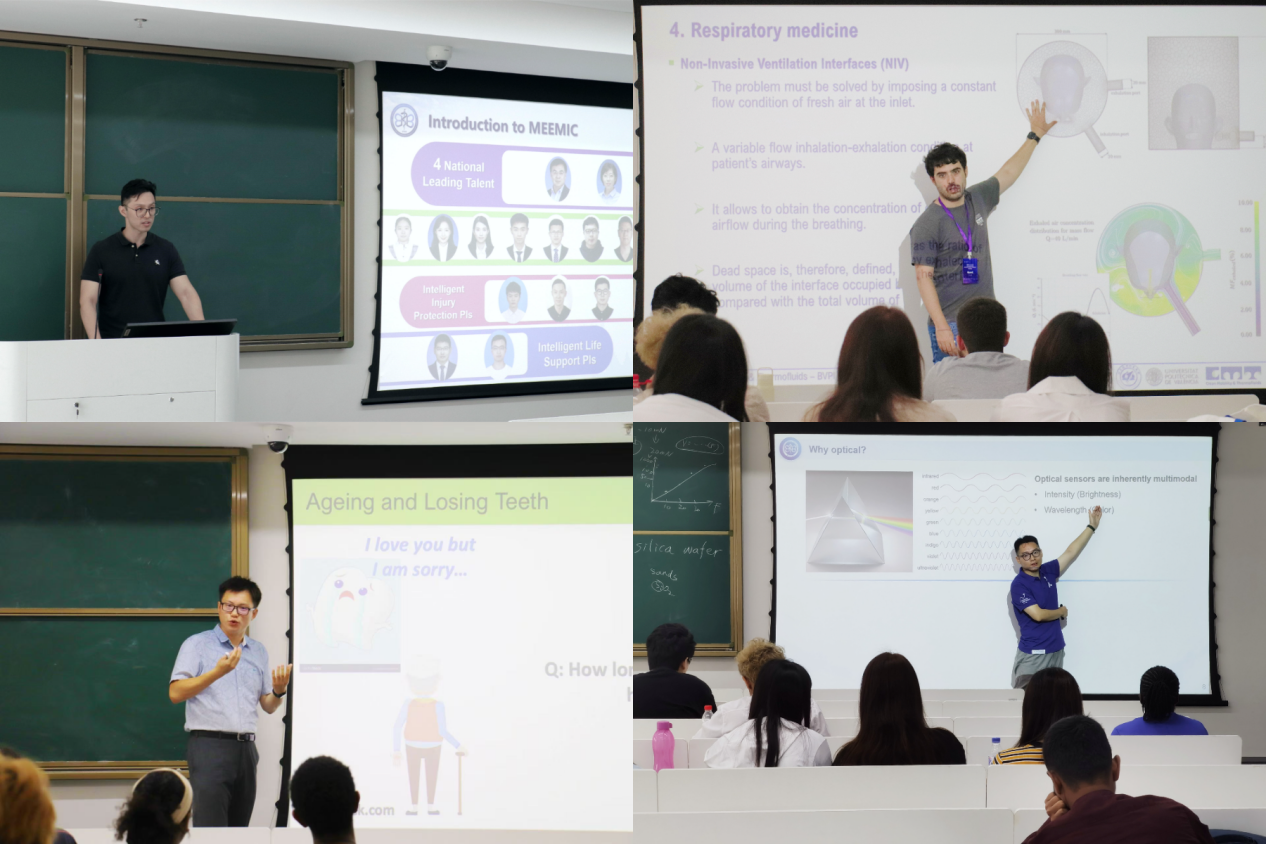
To bring theory to practice, the organizers integrated laboratory resources and tailored five hands-on courses for participants. In the practical course on 3D printing of biomaterials, Dr. Wu Zebin provided participants with typical 3D printing applications in biomedical engineering. In the course on finite element modeling of bioengineering, Associate Professor Yan Chenxi and Dr. Liu Jinglong guided participants to complete biomechanical simulation analysis. In the course on wearable electroacupuncture devices, Associate Professor Li Murong led participants to explore how traditional medicine can be integrated with modern sensing technology. In the course on rehabilitation gloves, Dr. Zhu Zhengyang explained the clinical adaptability of rehabilitation gloves from the perspective of human-computer interaction. In the course on musculoskeletal biomechanics, Dr. Kassim Abdullah used vehicle-safety application cases to discuss the logic of translating basic theory into industrial practice.
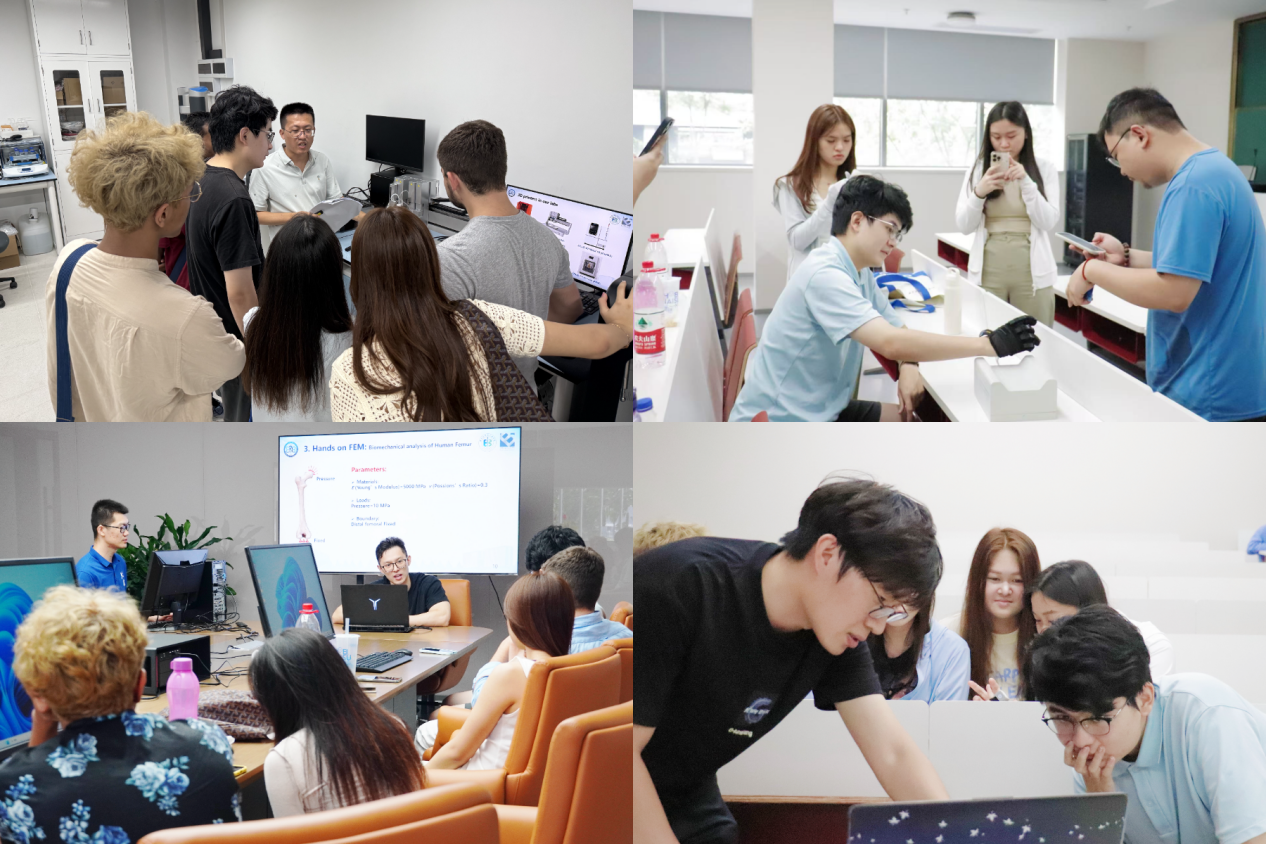
From July 21 to 25, IEC organized a tour to cultural landmarks and tech companies. Participants visited the Beijing Hangzhou Grand Canal Museum, the Liangzhu Museum, China National Silk Museum, China National Tea Museum, and Nine Creeks and Eighteen Gullies, West Lake, immersing themselves in the profound historical and cultural heritage of Hangzhou. At the same time, they visited innovative landmarks such as the Hangzhou Future Sci-Tech City and Alibaba Cloud to gain insights into how technological results are commercialized in the biomedical-engineering scenario. In the integration between culture and technology, participants understood the logic of two-way promotion: “technology empowers culture, and culture nourishes technology”, broadening both their professional knowledge and cultural perspectives.
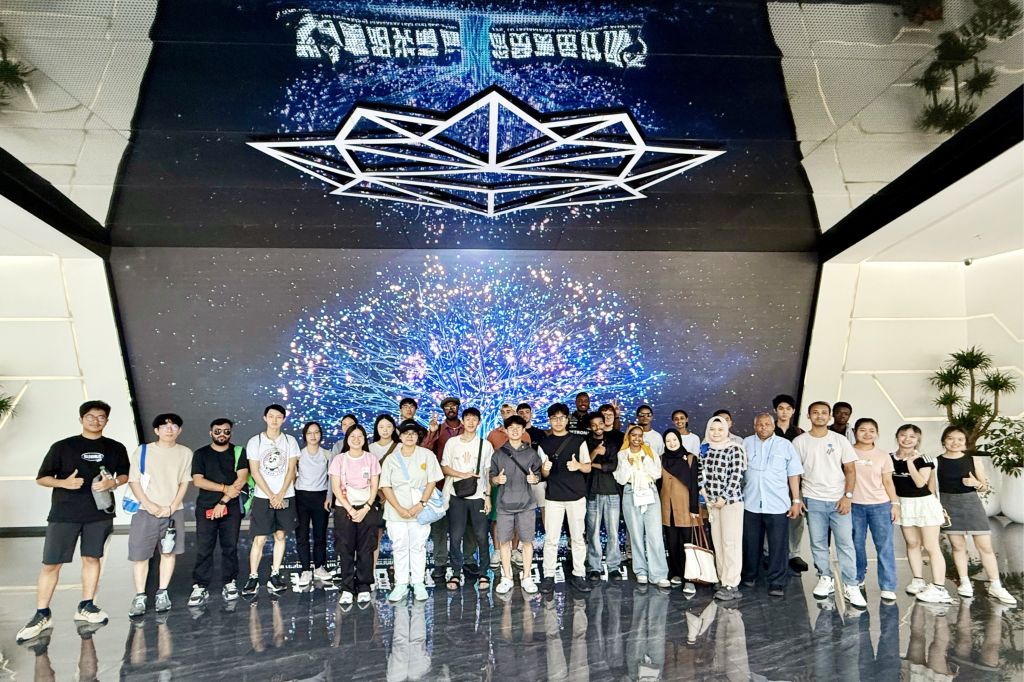
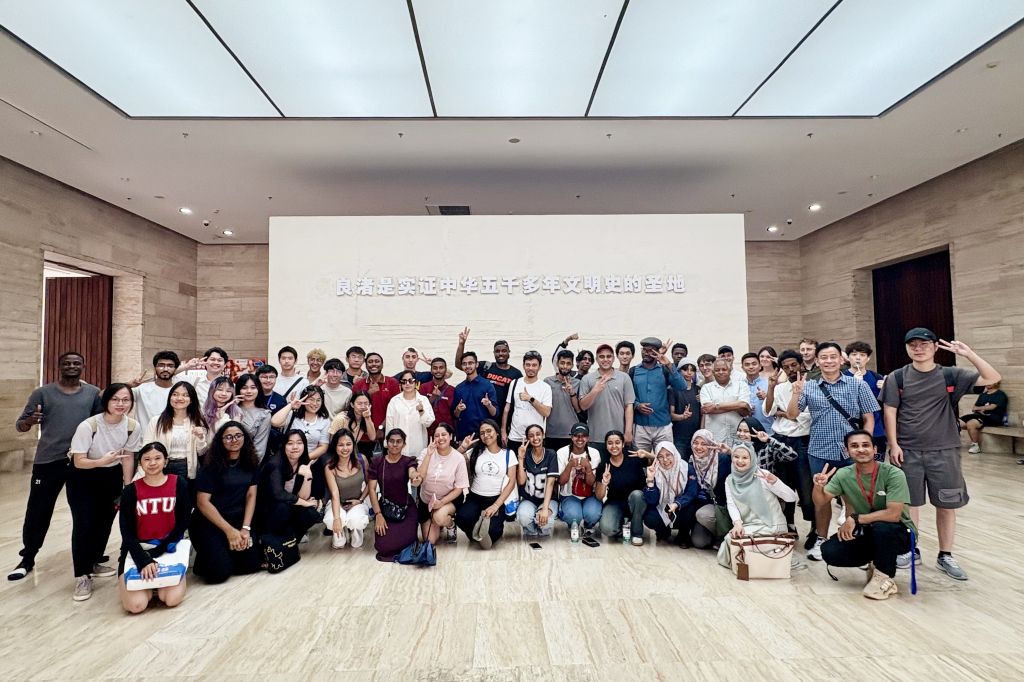
The successful conclusion of this summer school not only marked a beneficial exploration of international exchange models in biomedical engineering, but also fostered communication and cooperation for young people worldwide through the collaborative design of “curriculum-practice-culture”. Moving forward, ME&EMIC will further develop its platform to promote the sharing of cutting-edge knowledge and innovative collaboration, and advance the high-quality development of biomedical engineering. Let's outline the mysteries of life through innovation and integrate medicine and engineering through cooperation, finding our innovative coordinates in medical innovation.
Approved by Dong Zhuoning, Zhang Wei, Xu Ran
Edited by Yuan Xiaohui

